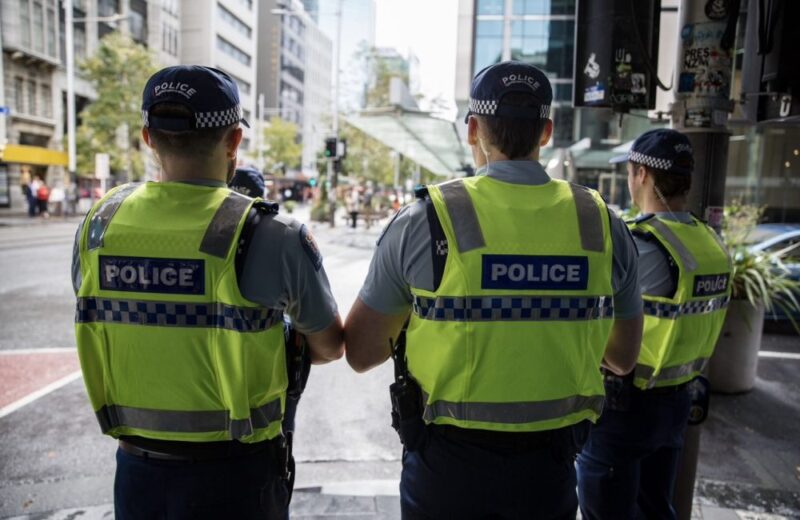Retail NZ has raised concerns over government proposals to extend citizens’ arrest powers, warning that such measures could increase the risk of violence in stores. The amendments to the Crimes Act 1961, announced by Justice Minister Paul Goldsmith, would allow retailers, security guards, and members of the public to detain alleged offenders and use restraints.
The proposals are based on recommendations from the Ministerial Advisory Group for Victims of Retail Crime (MAG), which was set up to address increasing incidents of retail crime.
Retailers Express Safety Concerns
Retail NZ Chief Executive Carolyn Young stated that most of the organisation’s members do not support extending detention powers beyond the police. While Retail NZ has considered this as a possible response to retail crime, Young noted that members believe law enforcement should remain responsible for detaining offenders.
“As part of Retail NZ’s efforts to combat retail crime, we have been exploring whether extending powers of detention beyond Police would be a solution. The great majority of members we have consulted have made it clear that only Police should have powers to detain offenders,” Young said.
“It is highly likely that the risk of violence would increase if retail staff, security guards or members of the public attempted to detain offenders.
“As employers, retailers must do everything they can to keep staff safe under the Health & Safety at Work Act. Most retailers train their staff to prioritise their own safety rather than try to recover stolen goods. We cannot condone retail workers putting themselves into dangerous and volatile situations.”
She also highlighted the risks involved in detaining suspects. “Police have advanced training in de-escalation and detention, and it is unlikely that security guards, retail staff or members of the public would have the techniques needed to handle a violent offender. This is extremely dangerous – people will get hurt or even killed. Frontline retail workers, who are often young people in their first job, do not go to work to do law enforcement. Retail NZ’s focus remains on training retail workers and security personnel in prevention and de-escalation.”
Practical Challenges for Retailers
Retail NZ has also raised concerns about the practical difficulties of holding individuals until police arrive. Many retailers do not have designated areas for detaining suspects, and there are questions about whether police response times would be fast enough to align with the proposed changes.
“Most retailers do not have appropriate facilities to hold alleged offenders until Police arrive. And it is unlikely that Police response times would improve sufficiently to meet the requirements of the proposed amendments,” Young said.
The organisation has been working on crime prevention initiatives, including security measures and technology adoption. It has also supported Foodstuffs North Island’s facial recognition trial as part of broader efforts to improve security.
Emphasis on Prevention Measures
Retail NZ maintains that crime prevention, effective trespass laws, and the ability to recover stolen goods are more effective strategies than allowing retail staff to detain suspects.
“We understand that all retailers are frustrated with the level of crime in their stores. However, we believe that preventative measures, alongside the ability to recover goods and effective trespass laws, will be more effective and safer for workers,” Young stated.
The proposed amendments are expected to prompt further discussions among retailers, law enforcement, and policymakers regarding crime prevention and workplace safety.




